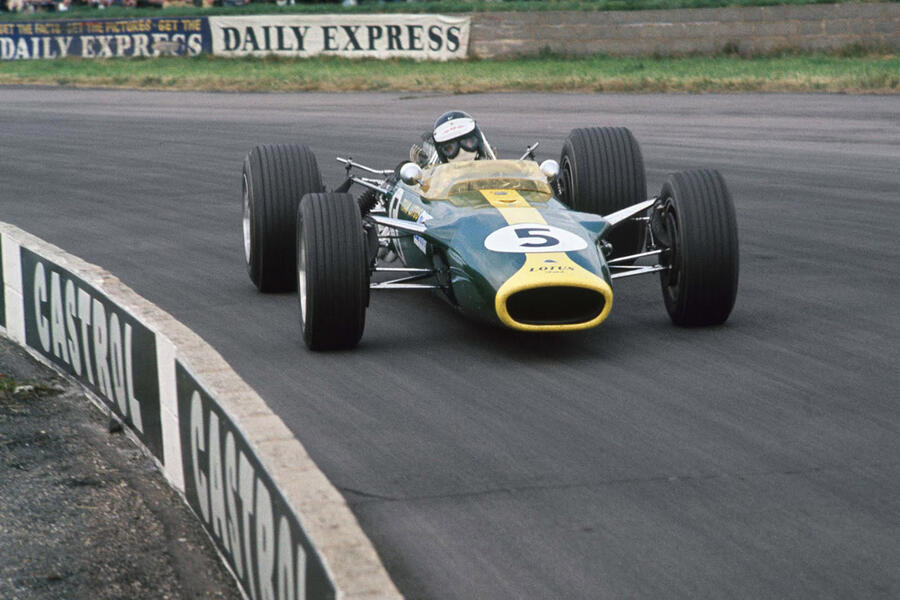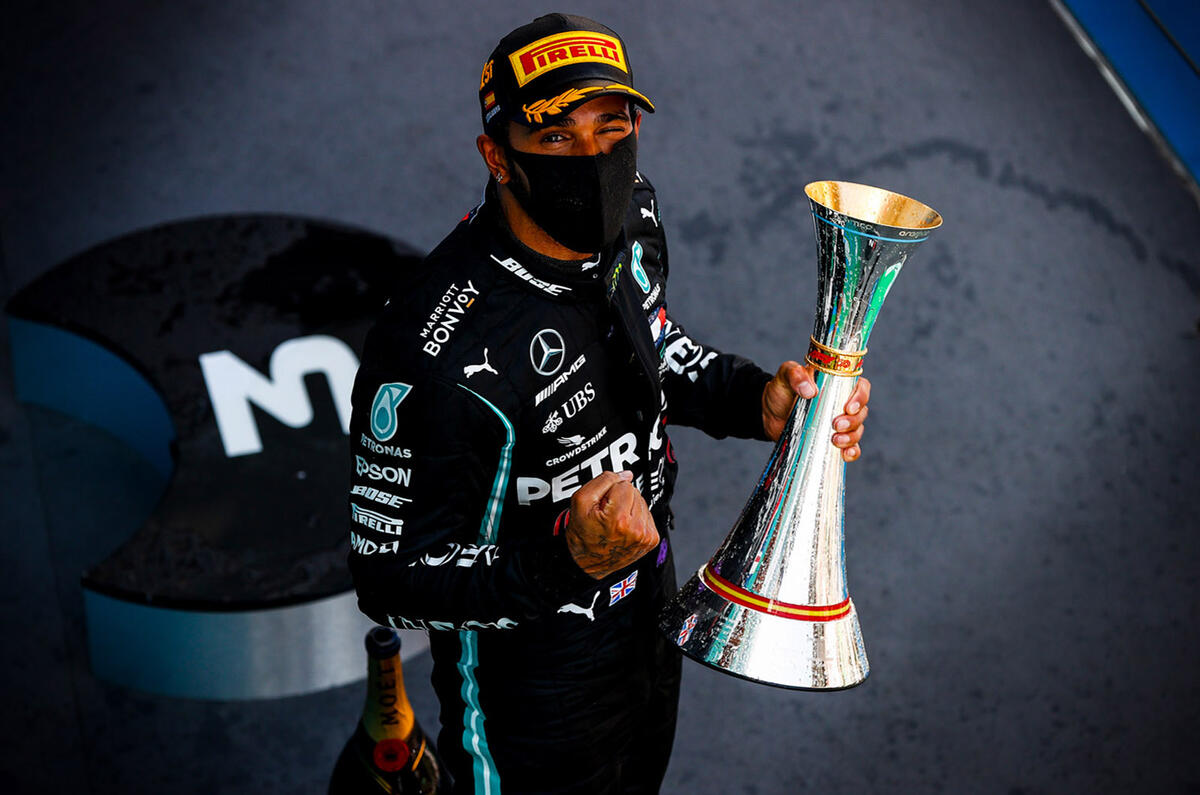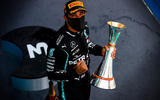Who is the greatest ever? This question arose again when Lewis Hamilton surpassed Michael Schumacher’s score of Formula 1 victories recently, as it does whenever a racing record is broken.
The Economist has published a statistical model analysing data from the dawn of the F1 championship to try to shed more light on it; CNN and the BBC’s excellent Andrew Benson compared Hamilton’s record against Schumacher’s; and there are many more. Thousands of hours have been spent stroking chins, creating spreadsheets and making arguments. Yet we will still never get an answer.
The problem is that every statistic you can pull has a counterpoint.
Who has most victories? Hamilton, but drivers now race more often and die less frequently than they used to.
Who has qualified on pole more? Hamilton more than Schumacher, but Schumacher often deliberately qualified with a heavy fuel load during the refuelling era.
Who outraced or outqualified his team-mate the most? The best drivers all have, but sometimes teams have run a one-plus-one driver strategy, focusing their efforts, including design and set-up, around a lead driver, with an obvious number two whose hand is played against them.
Even in my adult life, there were times when production tolerances were such that a car could be better than its sister. And some teams have better engineers than others. And in some eras, the rules were more open and there were fewer competitors, so the gap between the successes and the failures could be a chasm.

A brilliant engineer like Colin Chapman and his dedication to a driver like Jim Clark would stand out even today – but it would exist in a world with more engineers and more resources, tighter regulations and more competition than ever.













Join the debate
Add your comment
True, but obvious
Hamilton is the greatest ever F1 driver. Most people knew it prior to Matt.
Seventh title.
Yep, he's just bagged his seventh title in one of the best races this season so far, I'm not going to spoil it for the true F1 fans, but it's worth a watch, it'll be on Channel 4 later today.
Jeremy, you can ask the "best
Jeremy, you can ask the "best car" question about all of the most successful drivers. Schumacher and Senna -- look at the cars they drove. Fangio changed teams frequently, in large part to be in the most competitive car. The best drivers usually end up in the best cars.